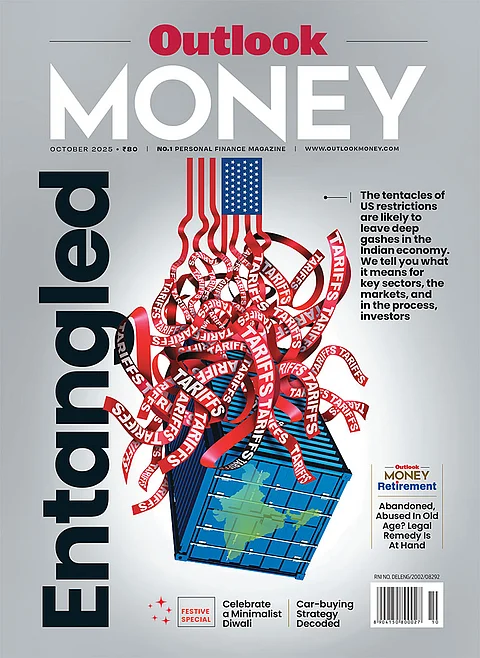With a vision to establish a trustworthy tax system, Finance Minister Nirmala Sitharaman announced various reforms, which included introduction of a scheme for taxation of virtual digital assets, promoting voluntary tax compliance and reducing litigation. At the outset, many expectations of individual taxpayers in terms of reduction in tax rates or widening of slabs, increase in basic exemption limit, hike in standard deduction, hike in deduction availability for eligible investments, work from home benefits, etc. were not addressed in the Budget. However, on a positive note, there wasn’t any new tax levy or compliance requirement.
Following are the key Budget highlights for personal taxes:
Surcharge capped at 15 per cent on all long-term capital gains: Budget 2022 has provided a relief to investors by capping surcharge on transfer of long-term capital assets to 15 per cent. This relief was already available for listed equity shares and equity-oriented mutual funds. It’s now extended to transfer of all long-term assets, including debt-oriented mutual funds, unlisted shares (including foreign shares), immovable properties and debentures. Individuals with taxable income Rs 2-5 crore and more than Rs 5 crore had to pay a surcharge at 25 per cent and 37 per cent, respectively, on all their income streams. The proposal means the effective savings on long-term capital gains will be 2.08 per cent (26 per cent to 23.92 per cent) and 4.576 per cent (28.496 per cent to 23.92 per cent), respectively.
Scheme for taxation of virtual digital assets (VDAs): Given the phenomenal increase in the popularity of VDAs, further clarity on taxability of these assets was expected. The proposed definition of VDA is “digital representation of value which is exchanged with or without consideration” like cryptocurrencies and non-fungible tokens (NFTs), etc. Further, the government can notify any digital asset to be included or excluded from the definition of the term VDA. Income arising on transfer of VDAs will be taxable at a flat rate of 30 per cent (plus applicable surcharge and cess) without deduction of any expenditure or allowance. The only deduction permissible is the cost of acquisition of the asset. But this cost cannot be indexed as is allowed in the case of long-term capital gains realised on the sale of most assets. Losses from the transfer of VDAs can’t be set off against income computed under any other provision of the Income-tax Act, 1961, and carry forward of losses is also not allowed.
Effective July 1, 2022, 1 per cent tax deducted at source (TDS) will apply on payments for transfer of VDAs for transactions over a certain threshold. This would enable revenue authorities to track such transactions. Further, any gifts of VDAs will be taxed in the recipient’s hands subject to exceptions.
Provisions for filing an updated return: A new regulation has been introduced to provide an opportunity to taxpayers to pay additional tax due, on a voluntary basis, if regular filing timelines are missed (i.e., an individual can file a tax return, report any missing income, revise incorrect exemption claim, etc. by filing an ‘updated return’). The updated tax return can be filed within three years from the end of the relevant financial year (FY) i.e., for FY2019-20, updated return can be filed till March 31, 2023, for which the tax department will have to issue an updated utility.
However, to file the updated return, an ‘additional tax’ has to be paid, and it cannot be filed if it means lesser tax liability or higher tax refund or if an assessment is pending.
The applicable taxes (including interest for delay in filing of return or payment of taxes), late filing fees (if tax return was filed after the prescribed deadlines), plus an additional tax at 25 per cent or 50 per cent of ‘applicable taxes’, depending upon the period of delay, have to be deposited.
Taxpayers may find it financially more attractive to revise their tax return and pay additional tax, if needed, rather than paying penalty as per the current income tax provisions, which can be 50-200 per cent of the tax amount (applicable on under-reporting/misreporting of income).
The author is Partner, Deloitte India. Charmy Parekh, manager, and Hetasvi Shah, deputy manager, Deloitte Haskins and Sells LLP, also contributed to the article.







